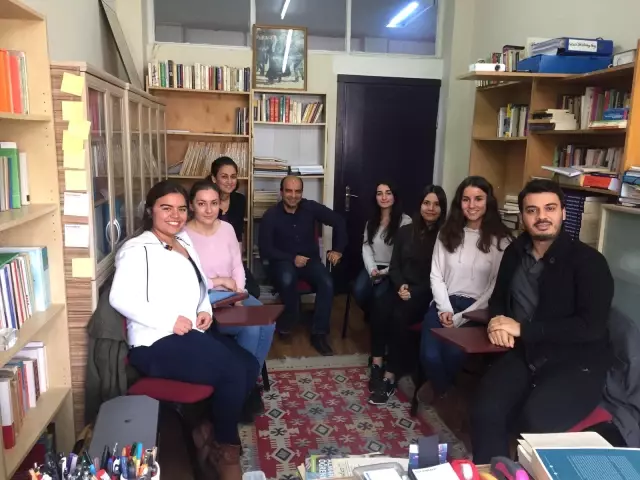Kyrgyz Translation service by ImTranslator offers online translations from and to Kyrgyz language for over 100 other languages. Kyrgyz Translation tool includes.

Countries where it is recognized as a minority language This article contains phonetic symbols. Without proper, you may see instead of characters. For a guide to IPA symbols, see. Turkish ( ()), also referred to as Istanbul Turkish, is the most widely spoken of the, with around ten to fifteen million native speakers in (mostly in and ) and sixty to sixty-five million native speakers in (mostly in ). Outside, significant smaller groups of speakers exist in,,,,, the, and other parts of.
Has requested that the add Turkish as an official language, even though Turkey is not a member state. To the west, the influence of —the variety of the Turkish language that was used as the administrative and literary language of the —spread as the Ottoman Empire expanded.
In 1928, as one of in the early years of the Republic of Turkey, the was replaced with a. The distinctive characteristics of the Turkish language are and extensive. The basic word order of Turkish is. Turkish has no. The language has a strong and usage of.
Turkish uses that distinguish varying levels of politeness,, age, courtesy or familiarity toward the addressee. The plural second-person pronoun and verb forms are used referring to a single person out of respect. Inscription with the (c. 8th century)., Russia About 40% of all speakers of Turkic languages are native Turkish speakers.
The characteristic features of Turkish, such as,, and lack of, are universal within the Turkic family. The Turkic family comprises some 30 living languages spoken across Eastern Europe, Central Asia, and Siberia. Turkish is a member of the, a subgroup of the family. There is a high degree of between Turkish and the other Oghuz Turkic languages, including,,,,. The Turkic languages were grouped into the now discredited. Reshebnik nekrasova po gidravlike. See also: Turkish is natively spoken by the in Turkey and by the in some 30 other countries.
Turkish language is mutually intelligible with and other Turkic languages. In particular, Turkish-speaking minorities exist in countries that formerly (in whole or part) belonged to the, such as Iraq, Bulgaria,, Greece (primarily in ), the, Romania, and Serbia. Press ke2330 pasport 64. More than two million Turkish speakers live in Germany; and there are significant Turkish-speaking communities in the United States, France, The Netherlands, Austria, Belgium, Switzerland, and the United Kingdom. Due to the of Turkish immigrants in host countries, not all ethnic Turkish immigrants speak the language with native fluency.
In 2005, 93% of the population of Turkey were native speakers of Turkish, about 67 million at the time, with making up most of the remainder. However, most linguistic minorities in Turkey are bilingual, speaking Turkish with native-like fluency.

[ ] Official status. Main article: Turkish is an and frequently uses, and specifically suffixes, or endings. One word can have many affixes and these can also be used to create new words, such as creating a verb from a noun, or a noun from a verbal root (see the section on ).
Most affixes indicate the grammatical function of the word. The only native prefixes are intensifying syllables used with adjectives or adverbs: for example sımsıcak ('boiling hot'.